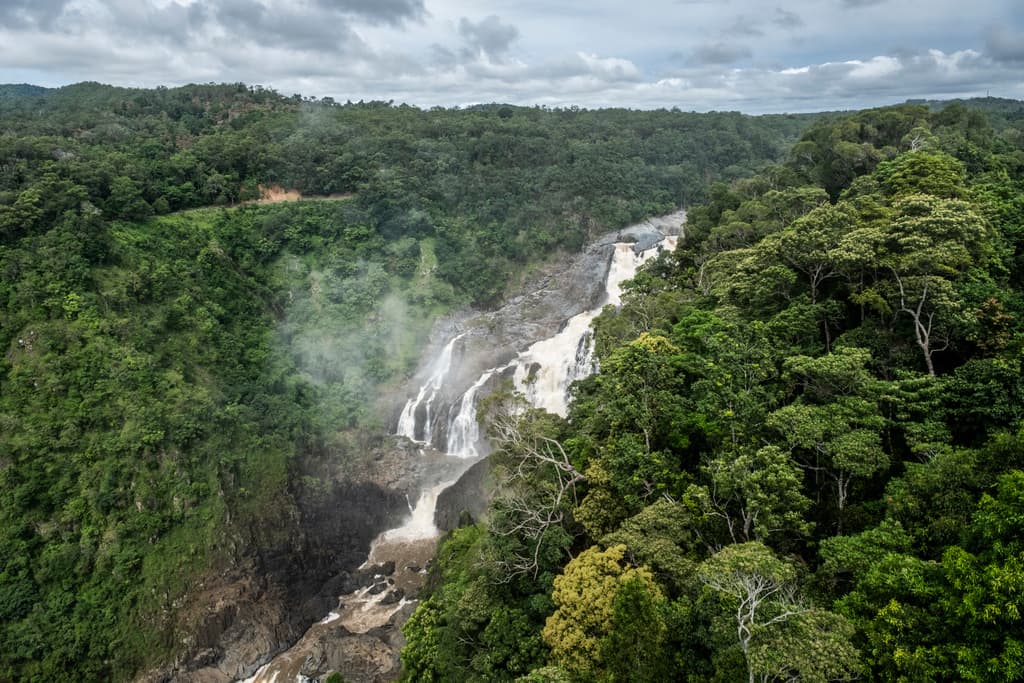The world's forests continue to absorb carbon dioxide at an almost unchanged rate. Over the past 30 years, they have played an extremely important role in the fight against climate change. This is stated in a new study in the scientific journal Nature.
The study, conducted by researchers from several countries, shows that the world's forests have absorbed 3.5 billion tons of carbon per year between 1990 and 2019. This corresponds to 12.8 billion tons of carbon dioxide annually, which is almost half of the global carbon dioxide emissions from fossil fuels during the same period.
In other words, forests function as effective carbon sinks and are a vital factor in mitigating the effects of our greenhouse gas emissions. However, there are important differences between different types of forests.
Coniferous forests losing power
The northern coniferous forests in Alaska, Canada, Russia, and the Nordic countries are showing a decreasing ability to absorb carbon dioxide. Since 1990, their uptake has decreased by 36 percent, likely due to the increasing frequency of forest fires, insect outbreaks, and general warming.
On the other hand, temperate forests have shown an increasing ability as carbon sinks. The increase is approximately 30 percent, mainly due to an increased uptake in China, where large-scale reforestation and afforestation have been carried out.
The tropical forests show two opposing trends. Deforestation in Southeast Asia, South America, and Africa has had negative effects on the absorption capacity of the original forests, and the uptake of carbon dioxide has decreased by 31 percent during the measurement period. On the other hand, new forests are growing on abandoned agricultural land and old clear-cut areas, and these have compensated for the losses in the original forests. Overall, the absorption capacity in the tropics appears to be at roughly the same level as before.
"Surprise"
Overall, the world's forests are thus maintaining their role as carbon sinks. Their role in the fight against climate change remains extremely important.
The fact that forests have been so resilient as carbon sinks was a surprise given the increase in the number of fires, widespread drought, and deforestation, says one of the study leaders, Richard Birdsey at the Woodwell Climate Research Center in the USA.
Advertisement
However, there are concerns on the horizon. The protection of rainforests and other tropical forests would need better protection, and reforestation in cleared areas needs to become more extensive.
The world's forests cover an area of approximately 38 million square kilometers. This is a decrease of five percent (approximately 2 million square kilometers) since 1990. Almost the entire decrease is due to deforestation in the tropics. The temperate forests, on the other hand, have become more extensive, while the northern coniferous forests cover roughly the same area as before.
Source: Nature






